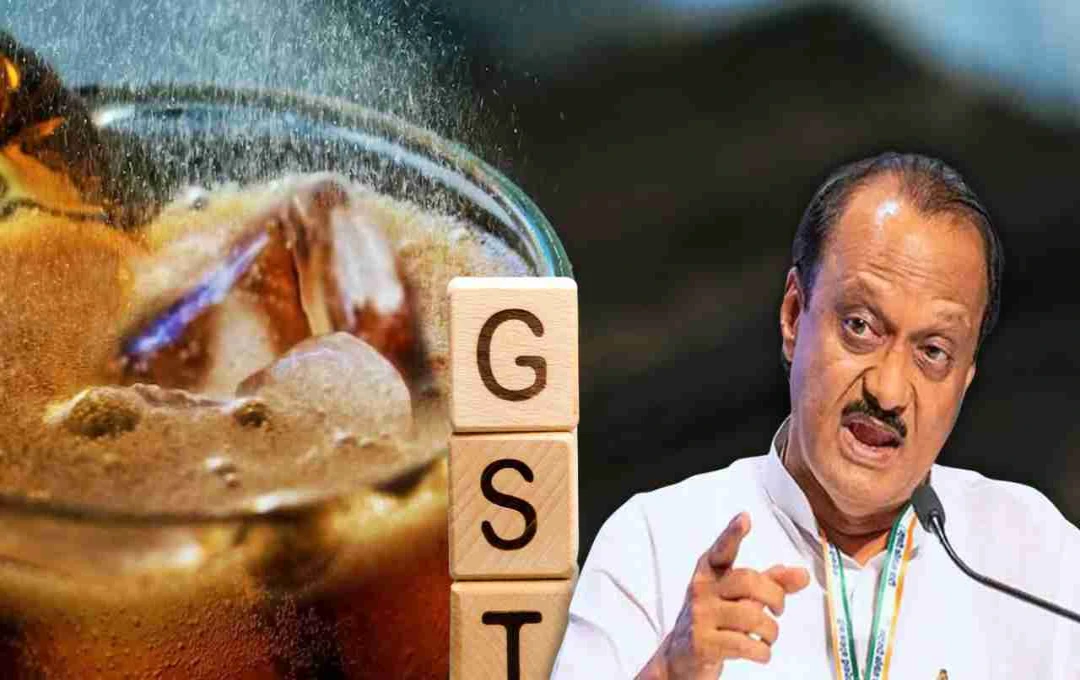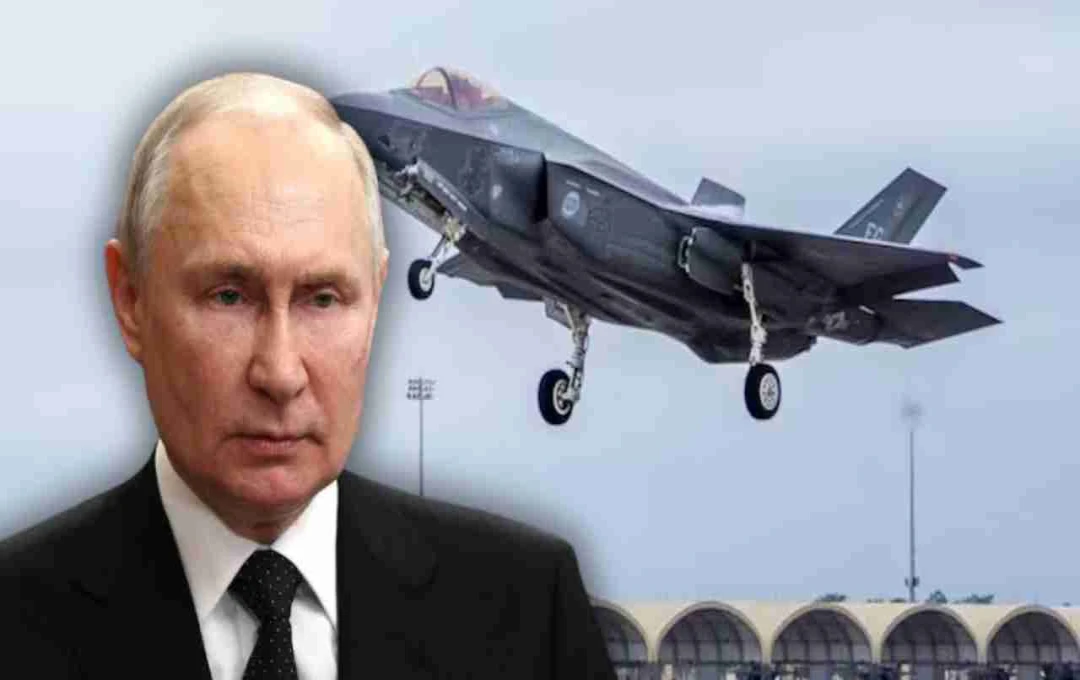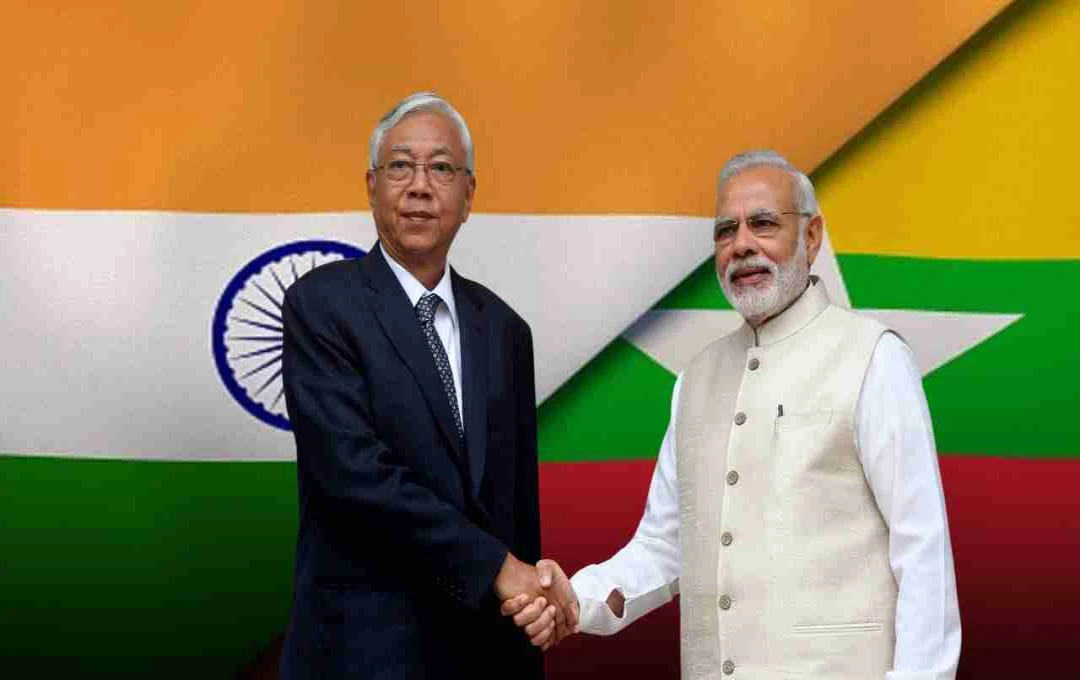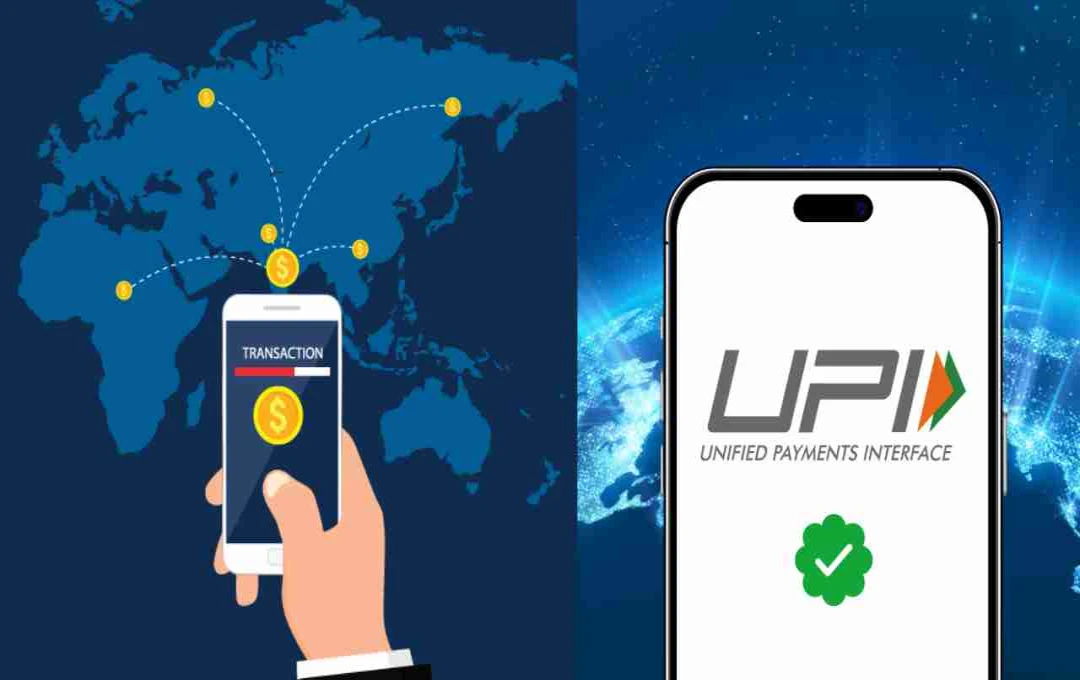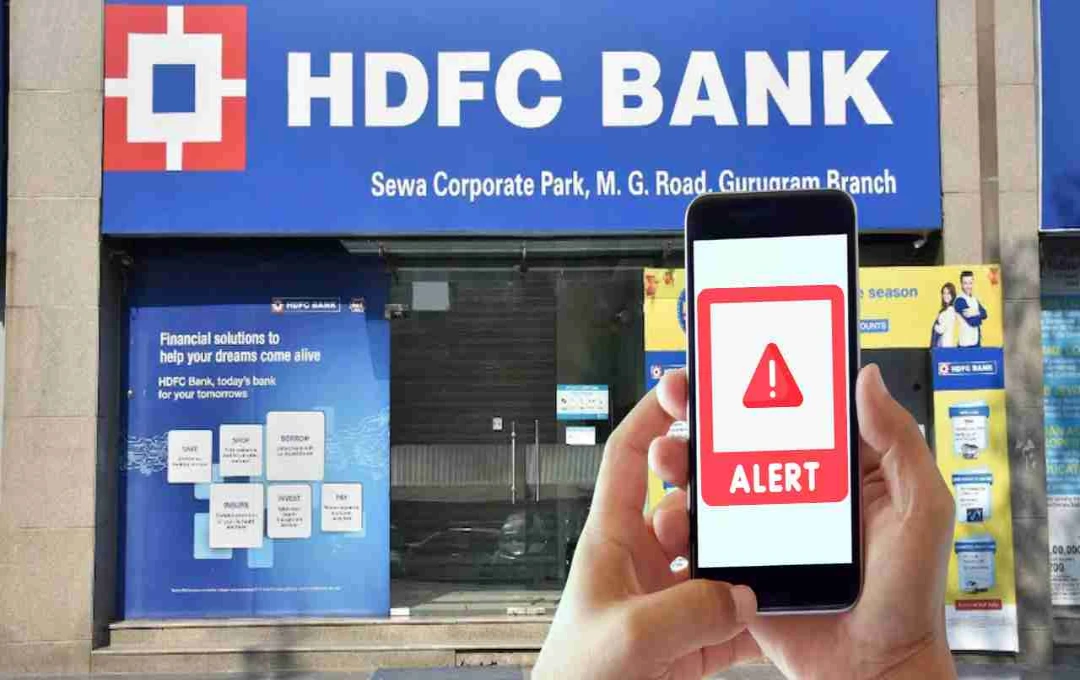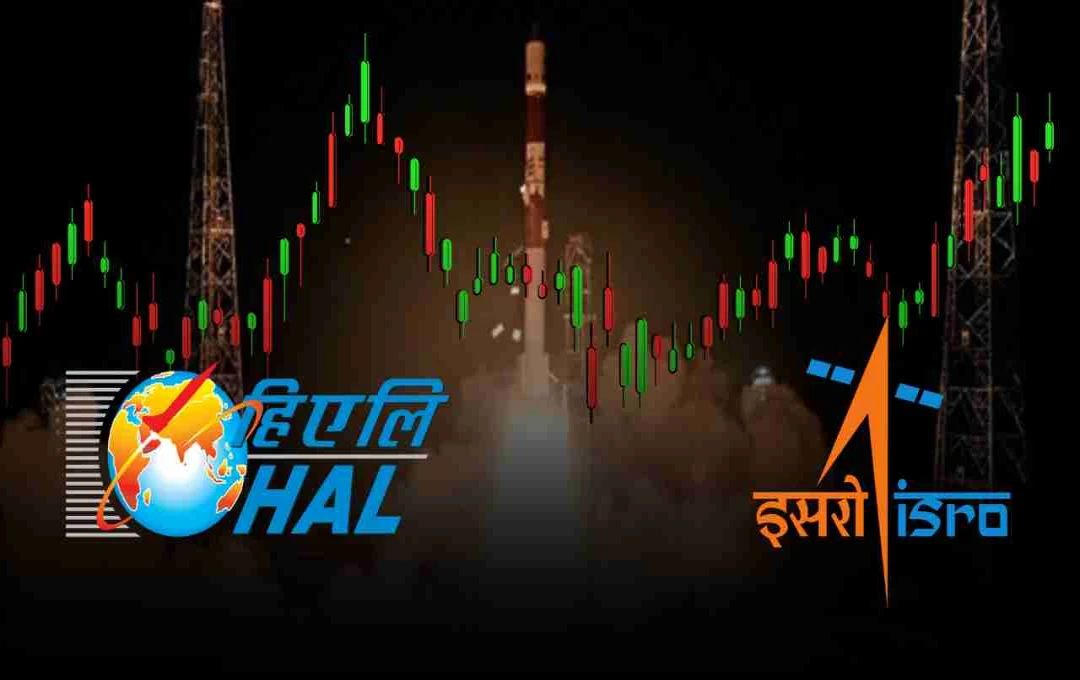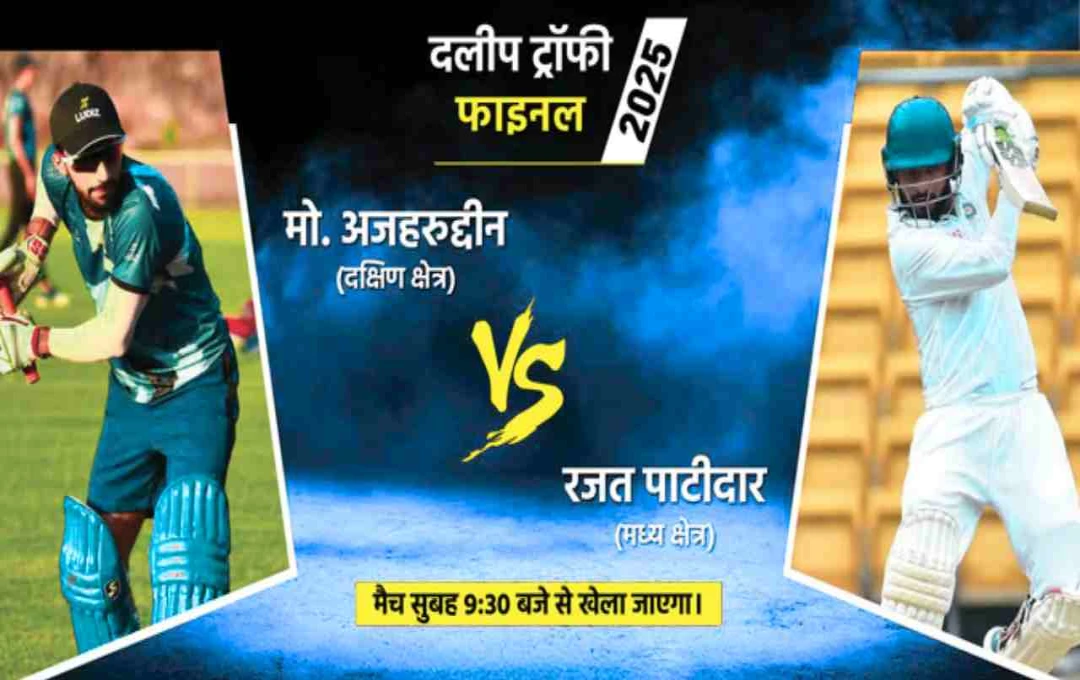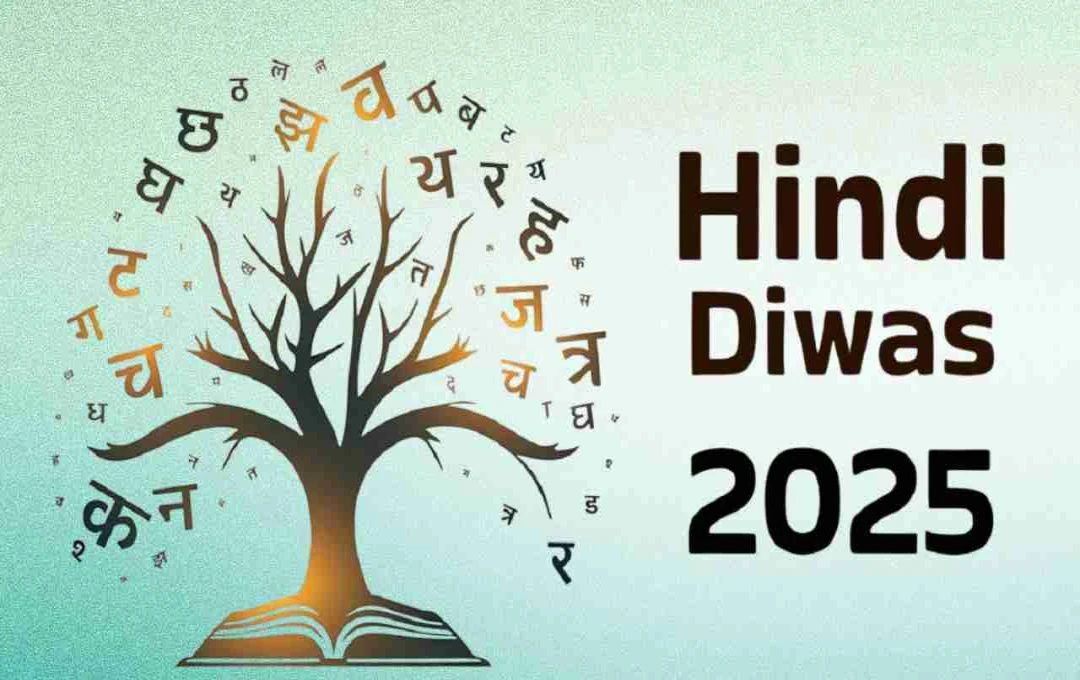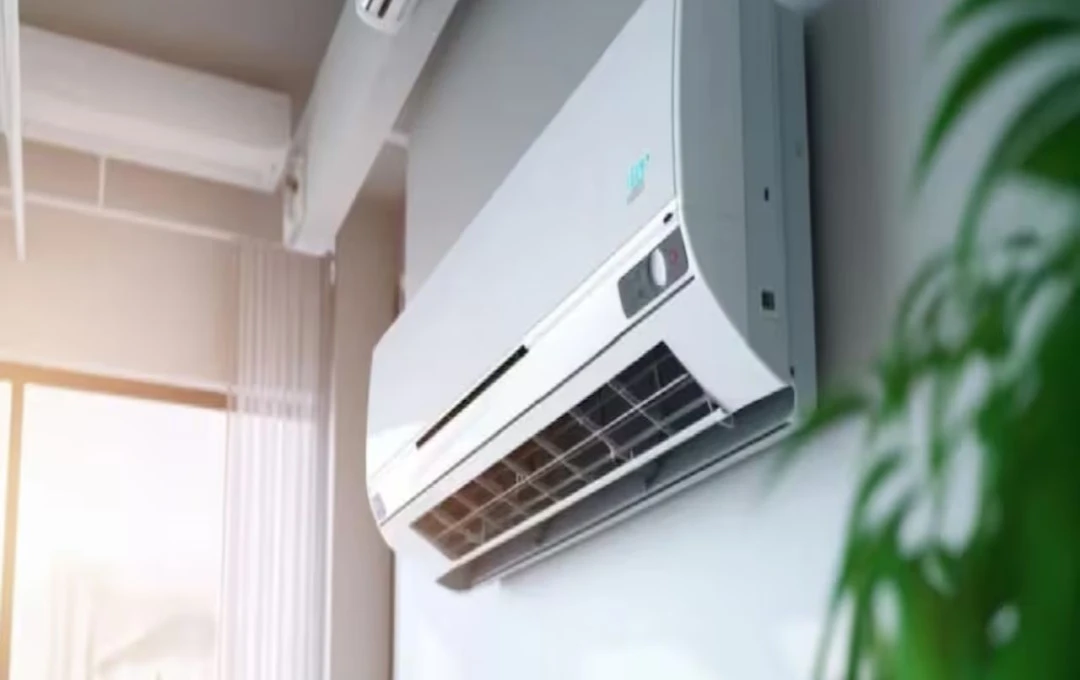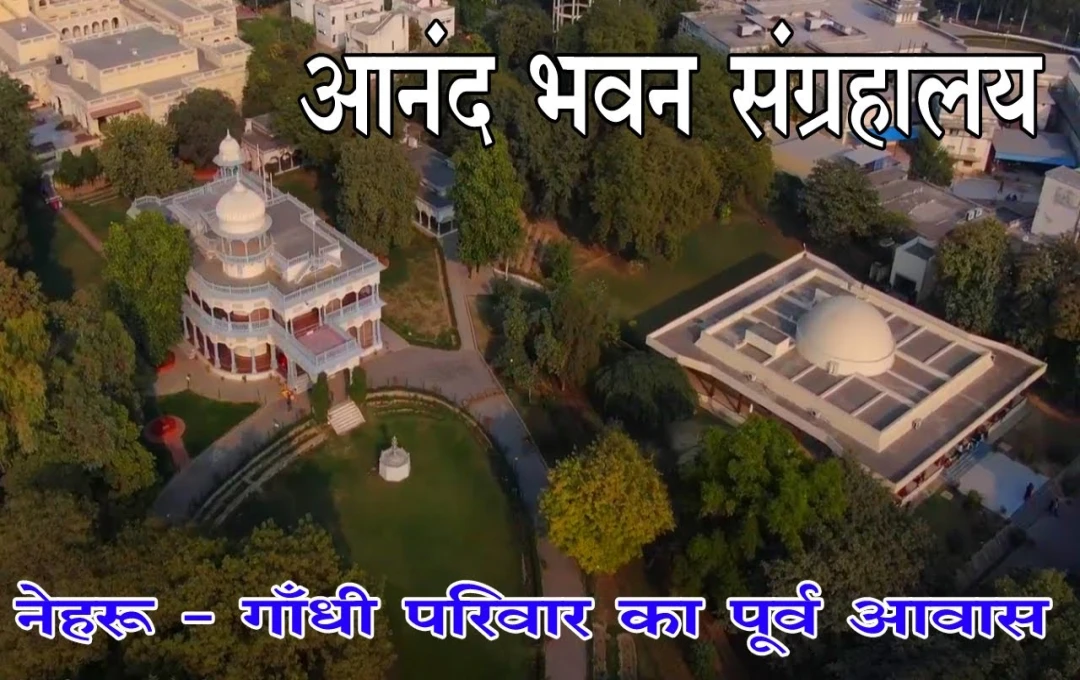Government receives proposal to reduce 28% GST and 12% cess on carbonated drinks. Maharashtra Deputy Chief Minister Ajit Pawar has made the demand. Decision likely in the GST Council meeting in August.
GST Update: Carbonated drinks are currently subject to a total tax of 40%, comprising 28% GST and 12% cess. Now, the government has received a proposal to reduce this. Maharashtra's Deputy Chief Minister, Ajit Pawar, has demanded a reduction in taxes. A decision on this is likely in the GST Council meeting to be held in August, which could provide relief to consumers.
Will Cold Drinks Become Cheaper?
The tax on carbonated drinks, i.e., cold drinks and other fizzy beverages, may be reduced in the country. Currently, a total of 40% tax is applicable to these, including 28% GST and 12% cess. Now, the government has received a proposal to rationalize this tax.
Maharashtra's Deputy Chief Minister, Ajit Pawar, has formally requested Finance Minister Nirmala Sitharaman to remove these products from the 'Sin Goods' category and reduce the tax rates.
Major Announcement Possible in August
The 56th meeting of the GST Council is scheduled to be held in August 2025. Tax rates on several products, including carbonated drinks, are likely to be considered in this meeting. Proposals received from various states and suggestions from the Finance Ministry will be discussed.
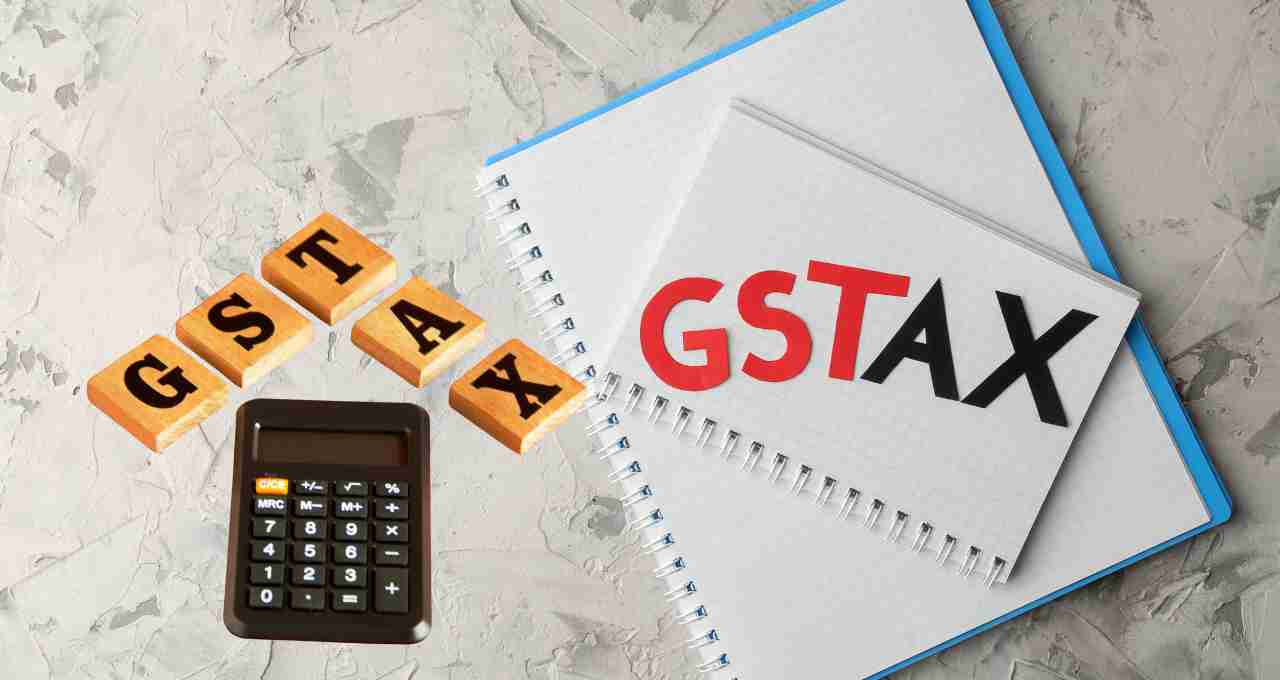
The main focus of this meeting is to review the existing GST structure and simplify tax rates. According to sources, GST and cess on some goods may be merged, or tax slabs may be reduced.
Why the Demand to Reduce the Tax Burden?
The current tax on carbonated drinks places them in the 'Sin Goods' category. This is the same category that includes products like tobacco and pan masala. The highest taxes and cesses are levied on these.
The Indian Beverages Association (IBA) and other industry groups have informed the government that this tax structure is not only unfair but also impacting innovation and investment in the sector.
Court Observations Have Also Emerged
Recently, the Guwahati High Court also made an important observation. The court stated that if a fizzy fruit drink is primarily juice-based, it should be subject to 12% GST instead of 28%.
Opposition May Arise in States
However, some states may oppose this proposal because their revenue may be affected if the cess is removed or the GST is reduced. The cess money is used for compensation to the states, so many states may be concerned about its reduction. Nevertheless, if the center and the states agree on this, consumers could benefit significantly.
Consumers Will Receive Direct Benefit
If there is a reduction in GST and cess, the prices of cold drinks and other carbonated drinks will directly fall. While this will provide relief to consumers, manufacturing companies will also see an improvement in margins.
